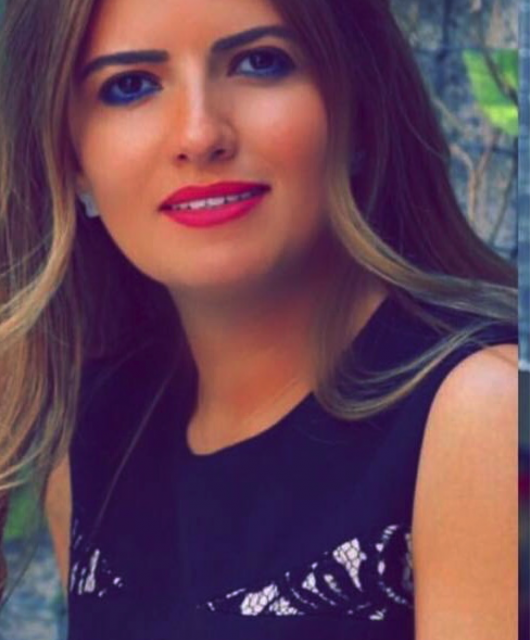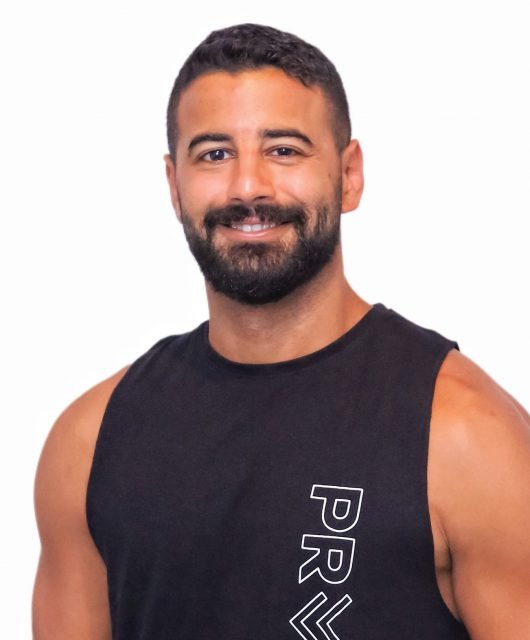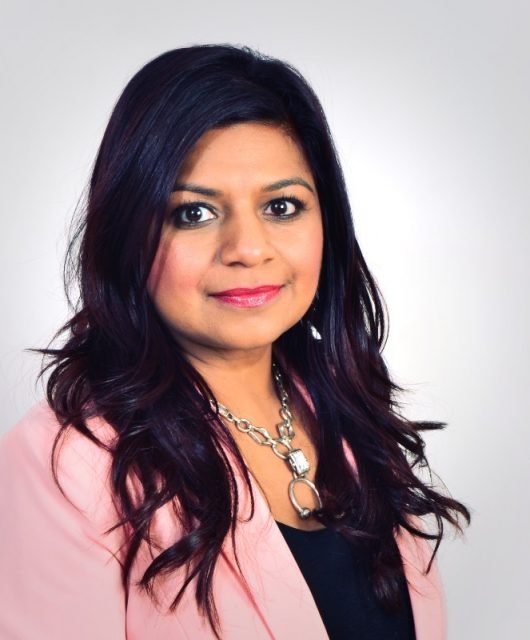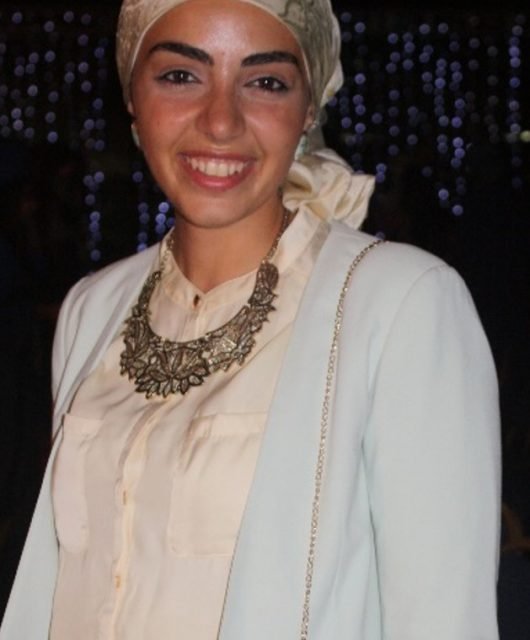One On One With: Marketing Society UAE’s Kamal Dimachkie
COVID-19 pandemic has profoundly impacted the whole world in an unprecedented way, reshuffling the brand-consumer relationship, once and for all.
We’ve exclusively interviewed Kamal Dimachkie, Marketing Society UAE’s Board Member, on his thought-provoking views on brands, consumers, the creative industry and the evolving role of marketeers in MENA.
BB: COVID-19 has stormed the whole world very hard, putting the current model of creative agencies at the risk of going out of competition. What’s your take on the agency model shift in this pandemic era ?
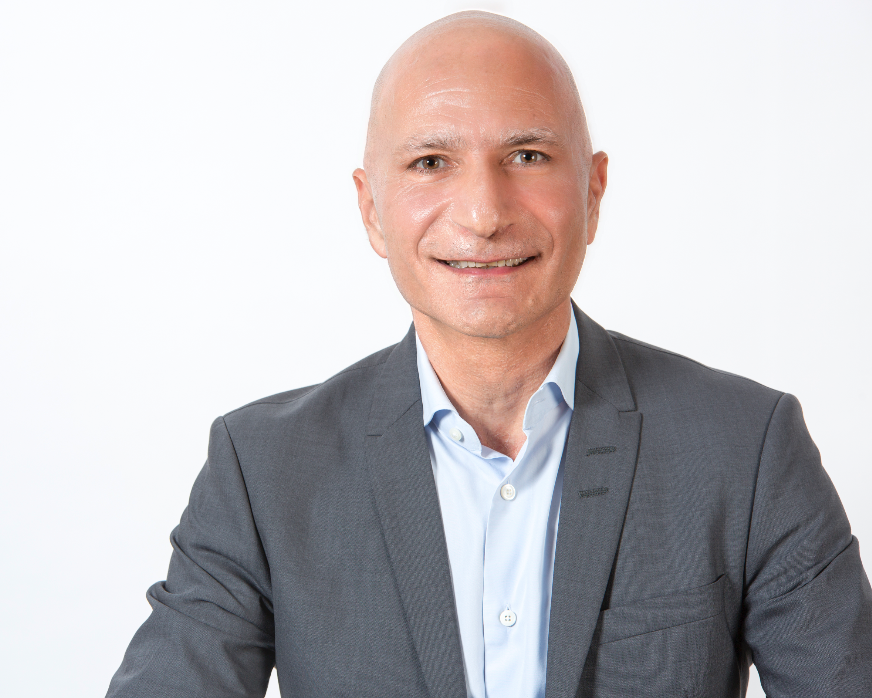
KD:The advertising agency (creative and media) model started changing some time back and those of us who have been around saw firsthand how the creative agency, in particular, came under increasing pressure that permeated the entire organization. Multiple forces drove that change, such as the shift towards digital platforms, a drive for spending efficiency by brands, holding group consolidation, erosion of meaningful differentiation among agencies, the rise of procurement at a time when the predominant business culture grew increasingly hostile to the idea that “marketing and communication create value,” margin pressures across the board, both on the brand and agency side etc. All these forces together started driving and accelerating change.
Enter Covid-19 that amplified pressure and pushed a fragile ecosystem closer to the edge.
Things are likely to get a lot more challenging before they get better, and the way forward is anything but linear. Here are five key points that come to mind:
- Expect the decline in revenue to continue for the foreseeable future and specifically during most of this year before a comeback: Ultimately, life will bounce back. However, businesses will come under pressure and that is likely to continue for as long as the economy keeps shrinking. Growth will be elusive and costly.
- Holding Groups will consolidate and will scale creativity with technology and data. Expect more agency brands to be clubbed together and complemented with new skills especially in the areas of data science and customer experience.
- Clients will consider separating creative assignments from execution as we saw McDonald’s USA and Ford do. While there are different perspectives on that and I, for one, do not encourage it, I expect that this will start making its way to our region.
- Business will increasingly favour smaller and more nimble outfits and agencies: It starts with money but runs through operations and ends with talent. The less stratified an agency is, the more agile it will be, and business will favour the trio of speed, lower cost and talent.
- Talent will migrate to greener pastures: This means further away from unsustainable pressure and corporate narrative, instead seeking places where they can take a bet on tomorrow. Within an industry that seems to have cultivated a growingly disgruntled workforce, this will likely favour sunrise agencies that can more compellingly talk about tomorrow and the promises and opportunities it brings.
BB: What about consumers? How do you think that post COVID-19 consumer will look like, behave like and shop like? What they will demand from their favorite brands? Have you seen any shifts in consumer behavior as a result of theaftermath of the pandemic?
KD: “Toto, I have a feeling we are not in Kansas anymore” said Dorothy to her dog in the Wizard of Oz. Finding oneself in the unfamiliar and uncomfortable is true of where we are today. The world has irrevocably changed, and no one has been spared. Despite the start of year two under Covid, it is perhaps too early to say that we have acclimatized as humanity continues to adjust and adapt. What we do know is that 2020 was a watershed and there is life before Covid, and life after it.
It is important to recognize, before delving into the specifics of the trends, that we all want to make the world better; we want safety and convenience; we want to balance our time in a good way; we are more aware, and we will demonstrate more resilience and creativity in the face of such sustained and unparalleled adversity.
This will accelerate emerging trends and bring a host of new ones altogether. Here are my five favourites:
- Build Back Better: Like it or not, a reset button has been pushed, and consumers demand that companies care more than just about revenue; they expect them to care about community and society’s interest as well. Expect a growing interest in brands that deliver on a bigger purpose and that sustainability is here to stay.
- Craving Convenience: At a time when daily lives and behaviours have been upended, consumers will try to claim that back, to return to a modicum of the familiar and normal. This, at a time when that is in short supply and we don’t know when we will get it back, if ever at all. Expect pressure on brands to adapt their customer experiences in order to deliver convenience.
- Time Shifts Ownership: Whatever semblance of life-work balance has fallen by the wayside, and people are hard pressed to manage competing demands on their time especially with homeschooling pressures. Brands that demonstrate sensitivity and provide solutions for products and services that alleviate such pressures will find increasing favour among consumers.
- Premium Space: Space is a privilege and outdoor is king. People are living the proverbial “When it goes wrong, it goes horribly wrong.” Health concerns, lockdowns, the rise of remote working and a variety of other restrictions will all put pressure on space. Outdoor access for a combination of fresh air and blowing off steam will represent an oasis.
- Thoughtful Thriftiness: One would expect that with so many jobs gone, and downward pressure on compensation people will become more cost conscious and frugal. Brands have an opportunity not only to demonstrate value, but to provide quality affordability.
BB: Communicating effectively is key during tough times. How do you see COVID-19 changing marketing and communications strategies of brands in MENA? Do you see this change as permanent and brands will have to cope to this new normal or it’s temporary and at a certain time, we’ll be reverting back?
KD: If someone had said at the beginning of 2020 that within a matter of weeks a pandemic will wreak havoc all over the world and will bring life to a standstill, we would have laughed at them. The point being, how can one predict the future with a year like the one we had? Probably no one. However, there are some forces at play that are interesting to reflect on. Here are the ones that come to mind:
- Advertising will continue to slide into functionalist territory: Sadly, with an increased ability to obtain behavioural metrics, more and more communication will be transactional as opposed to appealing to human wants and desires – read into that emotion. Covid-19 has exacerbated that because it is making business more desperate for revenue generation. Expect to see a continuation of this.
- The communication expression and tone will reflect where the general population fits Maslow’s hierarchy of needs. Clearly, we saw a reversal to basics last year, especially as the importance of safety, health and putting food on the table took bigger importance in our lives. We quickly saw brands converge to tell a similar story of food safety, hygiene and resilience, echoing important considerations for people. This year, depending on how the pandemic responds to the vaccine drive and the ensuing economic impact, brands will modulate the tone and content of their communication, playing to evolving consumer sentiment.
- Hardship can be relied upon to breed creativity. This is a law of life and will prove true yet again as people, communities, brands and organizations all go through an uphill battle to emerge from the throes of the pandemic. We will see expressions that will delight, and courage in some of the communication of the region.
To thrive one needs to be resourceful. Difficulty will force us to find lateral solutions for challenges.
BB: If you’d give startup brands of our region one piece of advice to adapt to the pandemic crisis, what would it be?
KD: Great upheaval has the power to force re-evaluation and resets, a sort of boiling things down to basics. Covid-19’s impact is sweeping and has affected all aspects of life simultaneously. Perhaps the best opportunity start-up brands have today is to capitalize on a genuine human need. Remember that all our material needs have been met many times over. Everywhere one looks, there is an overabundance of choice. Today, our needs have slid down Maslow’s hierarchy and we are forced to reassess. What matters most, now, is physical and health security, psychological and emotional well-being, the need to connect etc.
If a start-up brand wants to catapult itself to stardom, it needs to address such needs and to focus on creating meaningful connections. I would certainly avoid frivolity and borrowed interest. If attention spans were challenged pre-Covid, they are so now many times over because of a radical growth in information that we need to process and a heightened level of anxiety. All the more reason for a brand to say meaningful, relevant things that are of interest and value to its customers and prospects.
BB: In such unprecedented tough times, brands should champion customer-centricity. How can brands develop a customer-first approach amid COVID-19?
KD: The movie Rocky II provides the best answer to this question. When all went down the drain and the hero lost his fight, he went back to basics. The acknowledgment that the basics had fallen by the wayside was the beginning of the journey to redemption. It is fascinating how much success predisposes us to losing sight of the fundamentals. So, perhaps the best way forward is to revert back to what produced success in the first place.
The fundamentals are timeless, and perhaps we can focus on a few of them to put things in focus:
- Integrity: Take the needs of consumers into account, do the right thing – not the easy thing – be fair, not expedient.
- Resolution: Respond to and solve consumers’ problems. Be quick and flexible while recognizing that new circumstances will require innovative solutions.
- Manage Expectations: No one expects brands to have all the answers and transparency will generate understanding. Be transparent and honest as you deal with consumers. After all, consumers are people, and we all appreciate honesty.
- Convenience Matters: Be respectful of consumers’ time and energy, and waste neither. They will pay back handsomely in their loyalty and custom.
- Show Empathy: Covid-19 has created a state of mass vulnerability. We want to be understood and we want to hear that people care. Consumers expect this from brands and brands need to show it if they want to be relevant.
BB: Brand relevance is instrumental nowadays to capture consumers’ minds and hearts. How can brands in MENA win the race for brand relevance?
KD: Brand relevance is fundamental, always. Today, this takes a special meaning because a brand has to compete with so much other information, all of which is clamoring for an individual’s attention. Not to forget that brands need to constantly earn people’s attention. There are quite a few considerations for a brand to carve space in consumers’ minds and hearts, and the following stand out for me:
- Lead with Purpose: Nothing mobilizes and galvanizes like purpose. The “why” is often much more important than the “what,” which consumers can detect quite easily, but the clearer your reason for being and why you do what you do, the more it resonates with people and the stronger your engagement and bond. A brand that wants to be relevant has to be clear on its “why” and the tighter that connects with where people stand on matters, the more the chances the brand will stand out.
- Be Bold: These are unusual times and people want heroes and need examples to look up to. These are times for bold actions and platforms. I would encourage brands to be bold in their behaviour and expression if they genuinely want to connect. Remember, the road is filled with run of the mill, and the tried and tested. However, bold opens a highway of opportunity.
- Prepare, but remain Agile: Abe Lincoln’s statement “Give me six hours to chop down a tree, and I will spend the first four sharpening the axe” goes a long way in explaining how fundamental planning is and I fully agree with his view. The other view I agree with is what Mike Tyson once said, “Everyone has a plan until they get punched in the face.” This doesn’t fly in the face of Lincoln’s view but underscores the need to remain agile and flexible in response to one’s environment, competitive landscape, and consumer needs and desires.
- Listen: Whether it is to your customers, competitors or market dynamics, a brand needs to keep its ears close to the ground and remain connected. Obviously, in today’s world, this means remaining socially connected. It also means remaining sensitive to how consumers are feeling and what matters to them, their shifting priorities and sentiments, as it also means keeping an eye on your competition.
- Know your limits: Socrates famously once said, “To know thyself is the beginning of wisdom.” Brands are about tradeoffs and thank God for that, for no brand can stand for everything no matter how successful it is, or how large a following it has. Brands need to stick to what they are about and their why, and necessarily be selective in deed and word.
BB: Meeting customer expectations is no longer enough to drive success: brand experiences must create deep emotional connections. Please comment
KD: We have been through a “lifequake” and stand at an interesting crossroads. One question that organizations need to ask is why are they in business? Are they in business to make money, or are they in business to design, develop and market products, goods and services that benefit people and as a result of which they make money?
I am not naïve and have managed P&L statements for sufficiently long enough to understand business’s responsibility in making money. Still, for a brand experience to create deep and meaningful emotional connections requires a brand to perform on the following dimensions:
- Fulfillment: Going beyond simply meeting customer needs but exceeding them.
- Enhancement: Helping consumers become better and improving their experience as a result of using a particular brand.
- Nostalgia: Creating and evoking memories that associate people to a brand is a powerful way to build emotional capital.
- Indulgence: Building a relationship that goes far beyond the transactional into the gratifying and fun territories.
Thinking in human terms, especially during adversity, we want those around us to be empathetic, authentic, understanding and caring – we want to hear from them regularly, and we want stories of inspiration.
For brands to succeed today, the way to creating deep and meaningful relationships is for them to act human.
BB: You’ve recently joined The Marketing Society UAE board. Why did you want to join The Society and what are you hoping to achieve in 2021?
KD: We are currently operating in a challenging environment but also a hugely exciting one – the responsibility but also the opportunity for marketers is huge. I am deeply committed to making a positive impact on the regional marketing industry, through knowledge sharing, mentoring and ultimately supporting the region’s top marketing talent to evolve and develop. The Marketing Society believes that marketing has a positive role to play in the world, and that belief also holds true for me. This year, at such a pivotal time, we want to support the region’s marketing leaders by providing a framework that accelerates their careers, as well as the impact marketing has on business and society. I’m excited about what the future holds!


